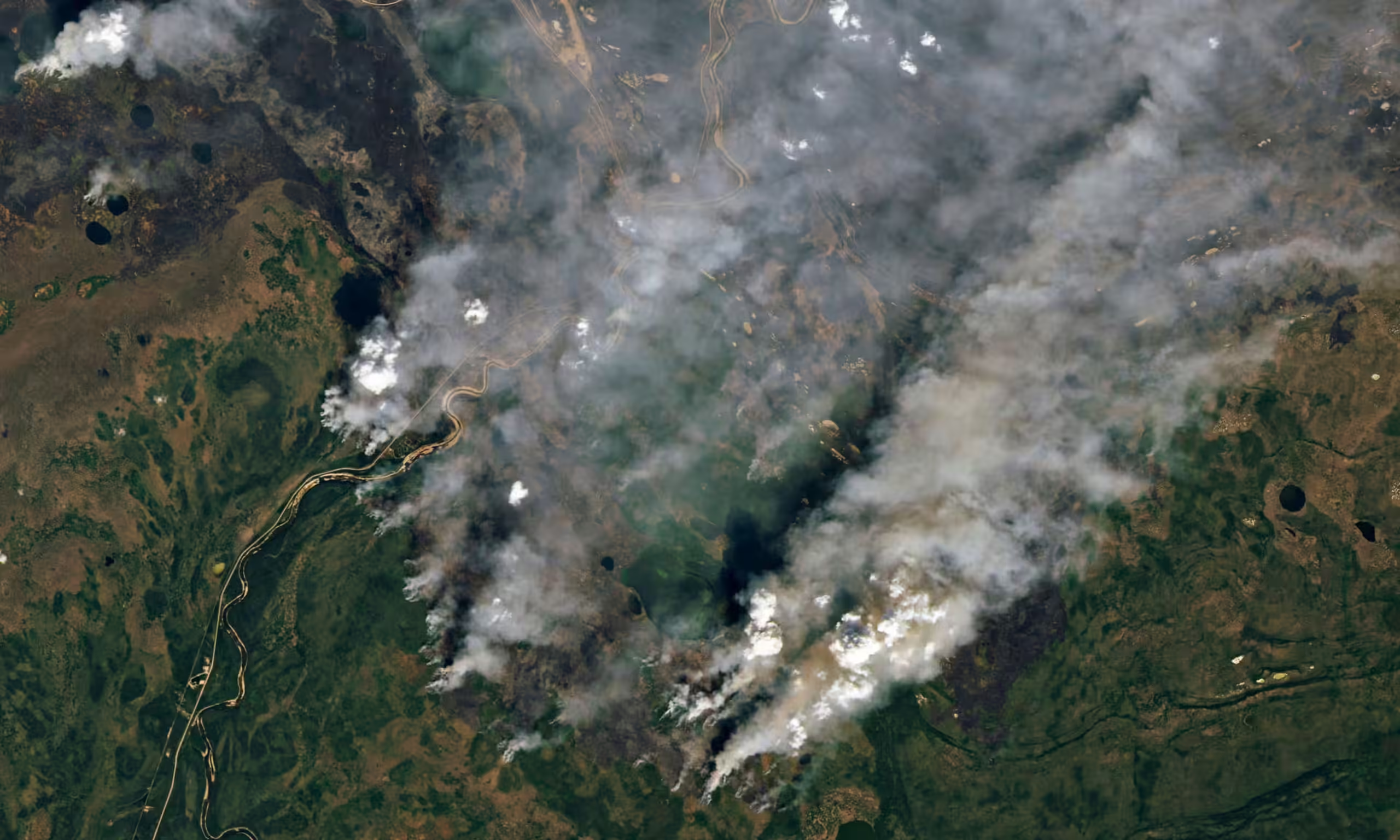The transformation of the Arctic tundra, once a vital carbon sink, into a carbon source is a stark reminder of the irreversible nature of tipping points on human timelines. As the tundra emits more carbon than it absorbs, we are confronted with the urgent reality of climate instability. This is not just an environmental shift but a call for profound systemic change. Teams of specialists and students around the globe are working to help governments prepare for the cascading impacts on our planet, climate, and societies, underscoring the need for immediate action and long-term strategies.
One such strategy, co-authored by Sir David King and other experts, lays out an ambitious plan for large-scale ecosystem and climate restoration alongside behavioural and systemic changes. This transformative approach challenges humanity to end destructive values and habits, replacing them with new ones rooted in mutual respect for people and nature. These changes are not trivial—they demand a fundamental reevaluation of our relationships with each other and the environment, recognizing that they are profoundly interconnected and essential to our survival.
Our current era is defined by a web of interconnected crises—climate change, ecological destruction, inequality, pollution, and disease. These crises cannot be resolved in isolation; their root causes lie in humanity’s unchecked numbers, consumption patterns, and mindsets of entitlement and convenience. Addressing these core issues is not merely a choice but a necessity to navigate the challenges of the coming centuries.
Climate and ecological tipping points operate like high-risk domino effects. Once one is triggered, it sets off a cascade of instability and scarcity, threatening not only ecosystems but also the societies, food systems, and water supplies upon which all life depends. The Arctic tundra’s shift is a stark signal of the urgent need for collective action. It is a reminder that the time to act is before more dominoes fall and the stability of our shared home becomes irreparably compromised. Read More
News Credit: The Guardian
Picture Credit: Alamy



